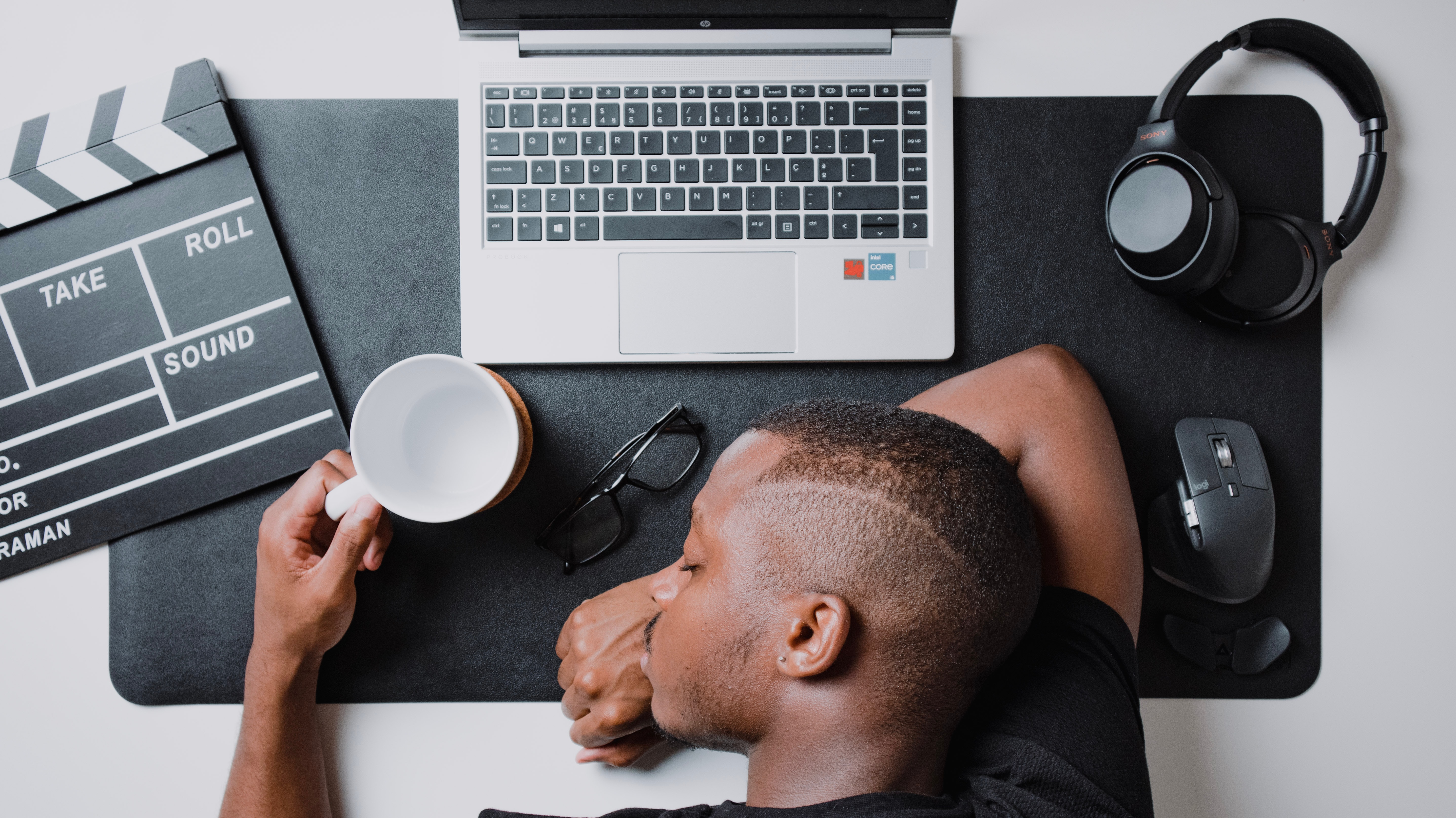My job recently transitioned into a hybrid situation, meaning I only go into the office 3 days a week. This is great and I love being able to work from home twice a week on Tuesdays and Thursdays but I'm starting to notice some productivity problems. I'm great when I'm in the office but I find myself rudderless on the work-from-home days. If I'm not getting caught up running errands or doing housework, I'm sitting in front of my screen on Twitter letting hours pass by, having no work to show for it. This hybrid work model is still new for me but I'm afraid my trouble adjusting will fester into a real problem sooner or later. Any tips?
It sounds like you're having trouble in two areas: flexibly adapting to transitions in your work environment because it changes each day and establishing structure in your routine on the work-from-home days.
It can be difficult to transition back and forth during your week: Is this the day I need to bring a lunch? Is this the day when I can wear more casual attire? Is this the day I need to get up early? The key to managing these changes is preparation. Regardless of where you're working the next day, have an established routine the night before that starts you off on the right foot, including an alarm that gets you up at the same time each morning. Maybe you check the weather and plan your outfit, or prepare your snacks and a lunch, or check your calendar to note any meetings you'll be attending. This consistency will help the WFH days not seem so different and set you up for greater productivity because your brain is not struggling to process all the differences between WFH and going into your office.
One of the quickest strategies you can implement on your WFH days to immediately give yourself a sense of structure is using a daily task calendar. Each morning, identify the work tasks you need to accomplish and allocate reasonable time frames to complete each of them. Essentially, you are planning your entire workday by "scheduling" all of your tasks. This strategy provides you with a clear agenda and lets you hold yourself accountable as you work through tasks.
Another solution for creating structure at home is to limit your distractions by treating WFH days the same as you would the days you're in the office. Keep the social media feed off-limits, resist house chores, and save errands for the evening when your workday is complete. These are all things you wouldn't be able to do from the office, so it's best to limit these activities during your home workday, too.
It's in your best interests to remember that working from home is still work. Create a work environment at home that mimics the structure of being in the office to hold yourself accountable and maximize productivity. Remember that it takes time to adjust and you won't seamlessly transition overnight. Implement these strategies and adjust your WFH mindset to see improvement over time.

.png?width=891&height=346&name=WorkSmart%20(2).png)







